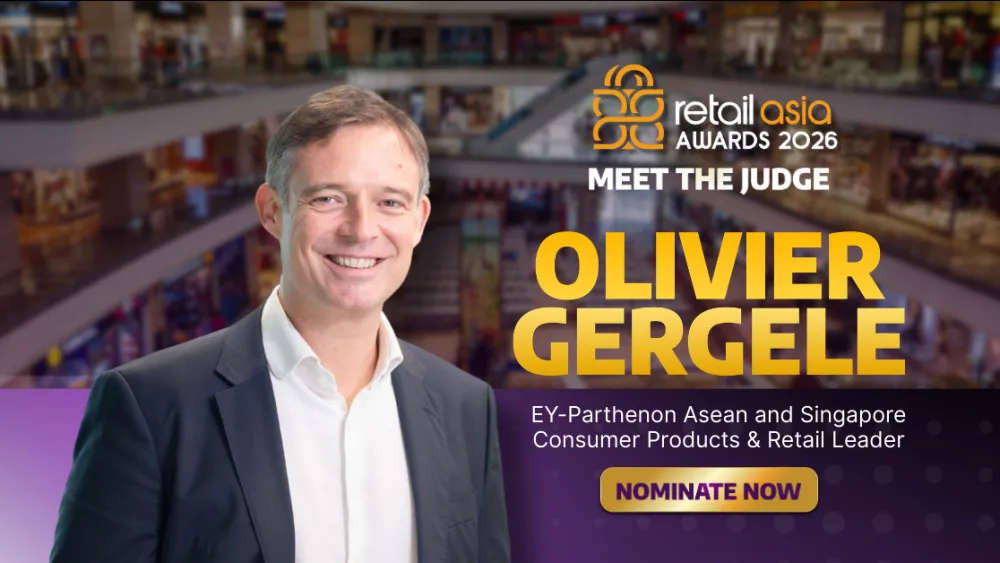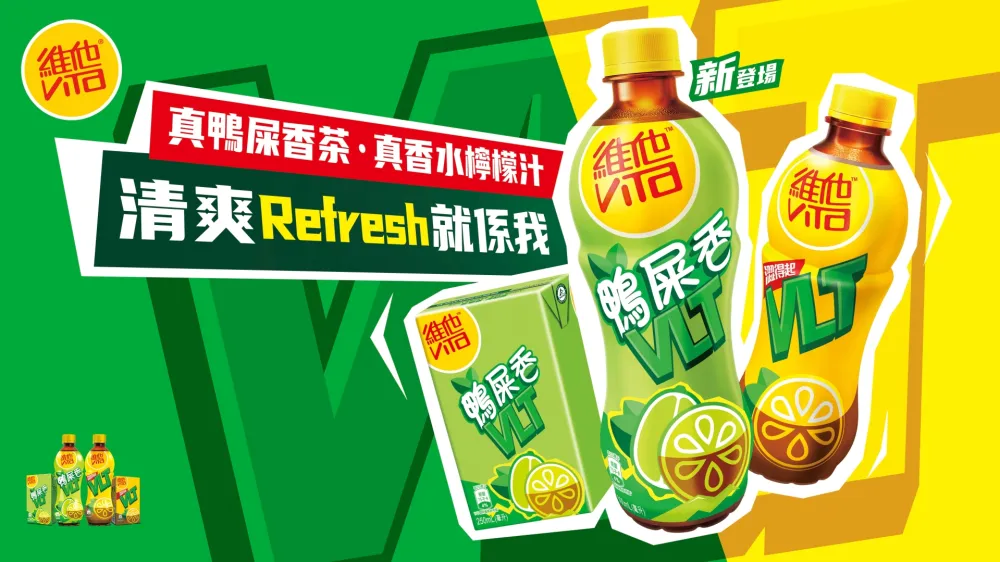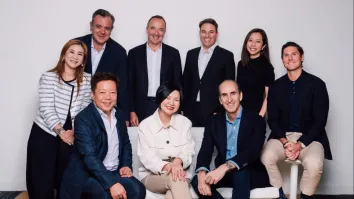
Makro exercises innovative adaptation in an evolving market
Digitalisation and product expansion have led to greater performance.
The Covid-19 pandemic has caused drastic changes in various areas of human life in Uzbekistan and prompted retailers to rethink their business strategies. On the part of customers, the changes occurred in the type of products they bought and their way of shopping. The Makro supermarket chain owned by Darvoza Savdo LLC was among the companies that made the necessary adjustments not only for its own benefit but more importantly, for the sake of its customers. The company’s successful initiatives have earned for it the Convenience Store of the Year and Domestic Retailer of the Year (Uzbekistan) trophies at the Retail Asia Awards 2021.
Founded in 2010, Makro was originally based on a supermarket format, but it shifted to a convenience store format known as Makro Express in 2015. This change was in accordance with the efforts of modern grocery retailers to influence consumer preferences in favour of supermarkets and convenience stores instead of the traditional open-air bazaars. Makro followed this development by using a 65-450 sq. m. store area in 2020. The stores offer 4,000 store-keeping units that supply nearly 500 daily needs. At present, Makro has 45 Express stores throughout Tashkent and in the regions. These stores accommodate 20,000 customers daily with an average receipt of UZS 30,000/person (US$3).
During the quarantine, Makro maximised its advantages by complying with disinfection, hygiene, and food safety standards. The calm atmosphere, simple layout, and 24-hour operations of its stores ensure comfort and convenience for every shopper. Furthermore, the stores are automated such that deliveries and product packaging from the central warehouse are optimised, allowing trust deliveries without inventory on arrival and ensuring fast and easy placement of shelves. Through self-check-out counters, customers can avoid queues and quickly pay for their purchases. The sophisticated organisation of stores means that minimum staffing is possible while maintaining high-quality service. Makro believes that this format has potential for expansion and development and that the market can accommodate 10,000 stores of this format.
To improve its competitiveness, Makro introduced its own label called M Brand, which includes food products and home maintenance items. Makro also launched its Master Chef private label, a high-end range of products that would inspire cooks and food lovers. The company also sped up the digitisation of its loyalty programme through the “E-Makro” application, which offers 1%-3% cashback in accordance with promotions and depending on the amount of purchase and accumulated points. So far, the app has been downloaded 140,000 times and the loyalty programme has 350,000 participants. Online payments were also launched, which enabled Makro to double its expected target of orders and make its customers happier with the service.
Makro further activated its delivery service during the pandemic and maintained the “cold chain” to ensure freshness of all products. As part of its corporate social responsibility and in compliance with the country’s environmental, social and governance policies, Makro has introduced recyclable bags, charging stations for electronic cars, charity initiatives, social activities, a gender equality programme, and improved the transparency and integrity of its operations.
Watch the interview below to know more about their winning projects:



















 Advertise
Advertise






